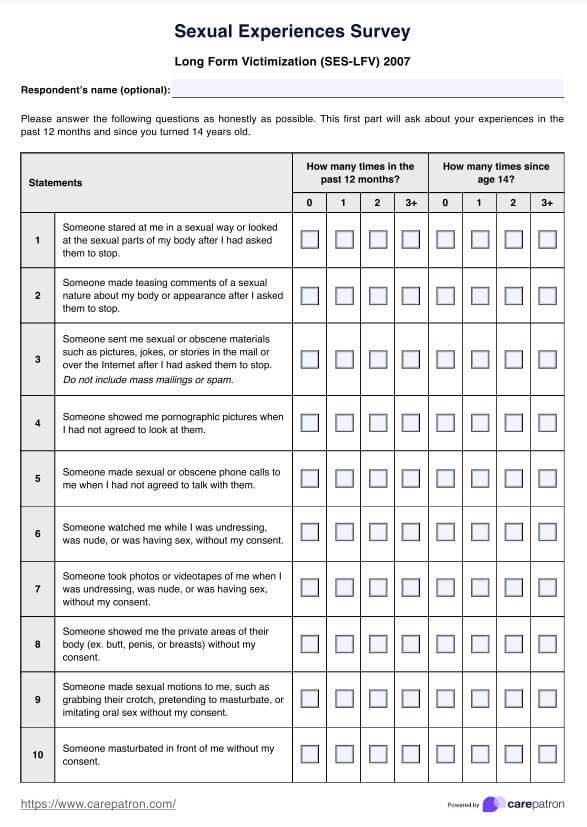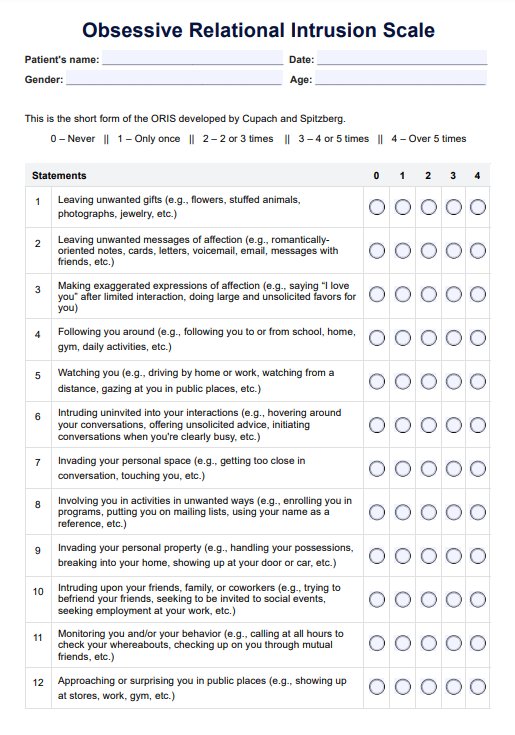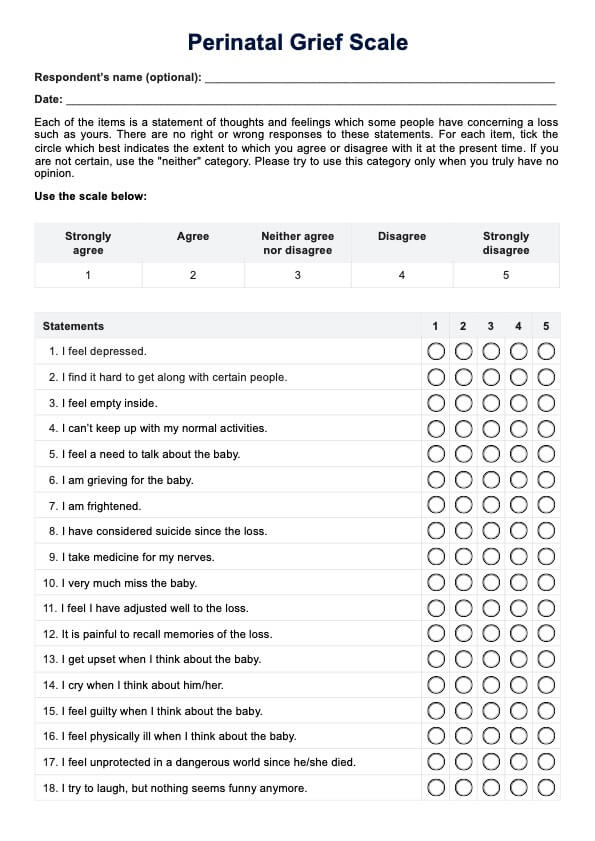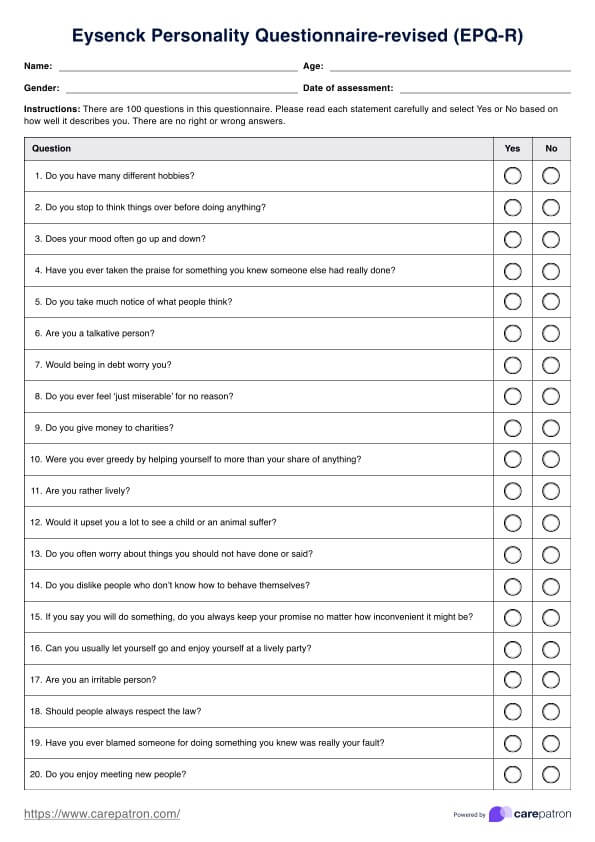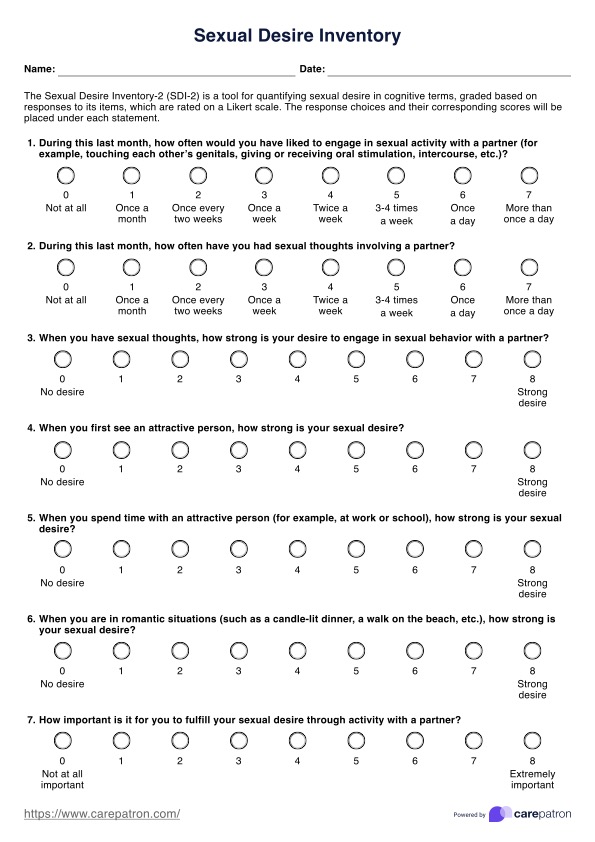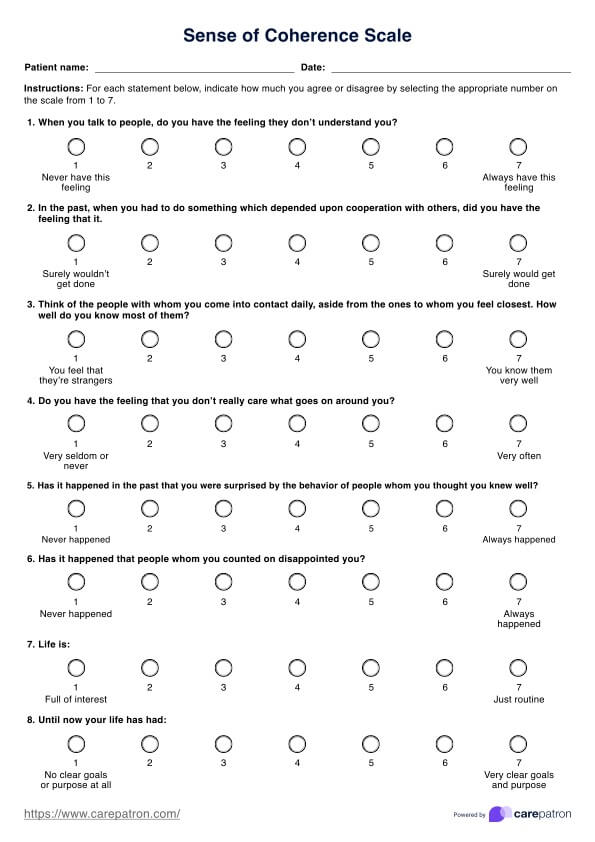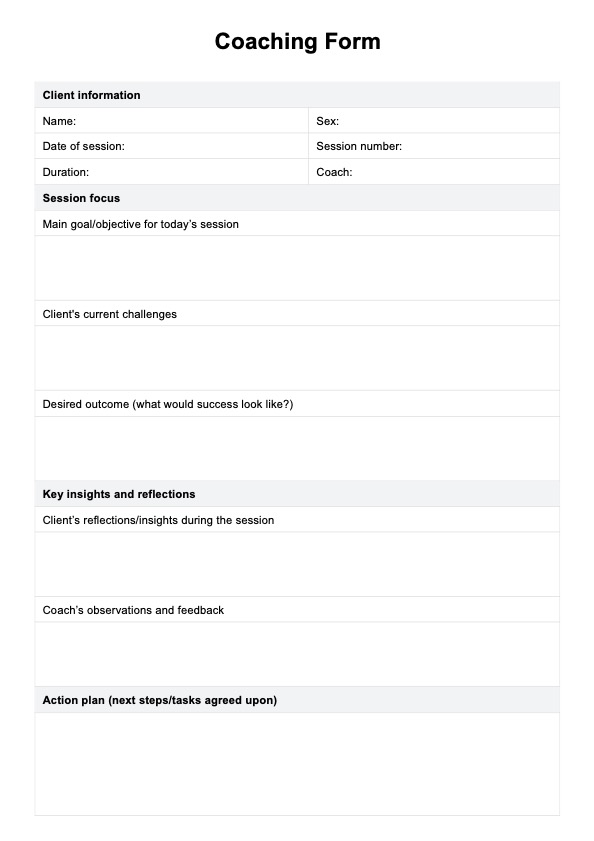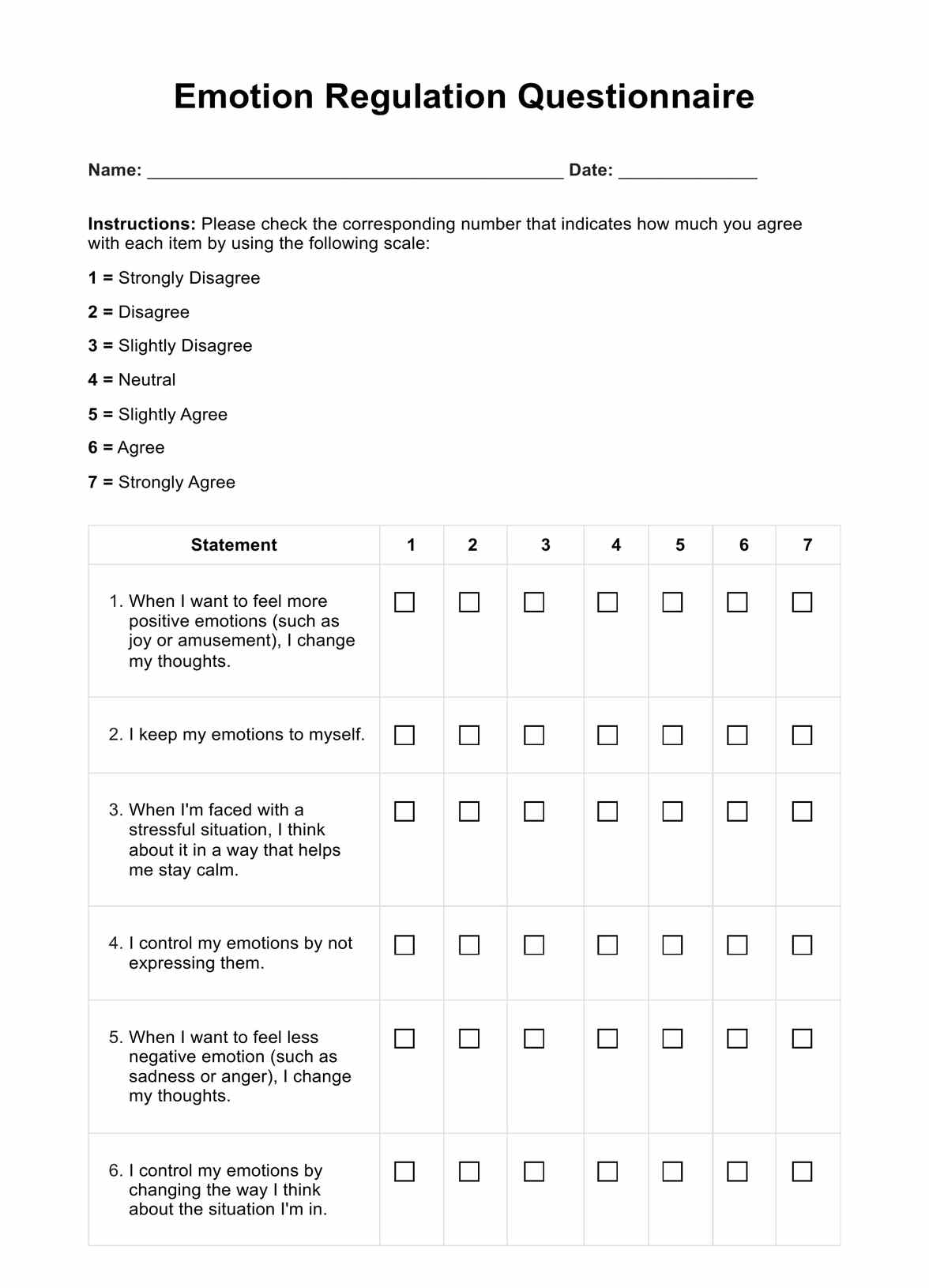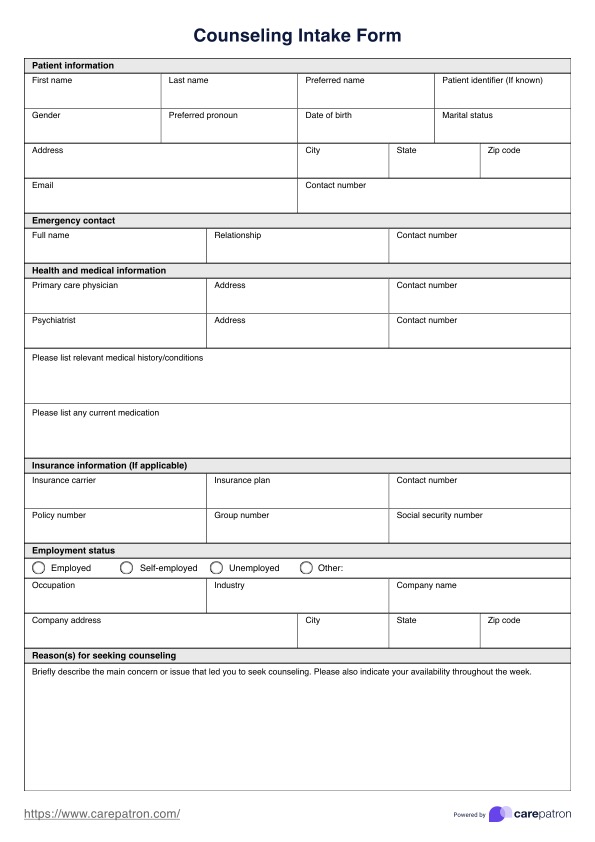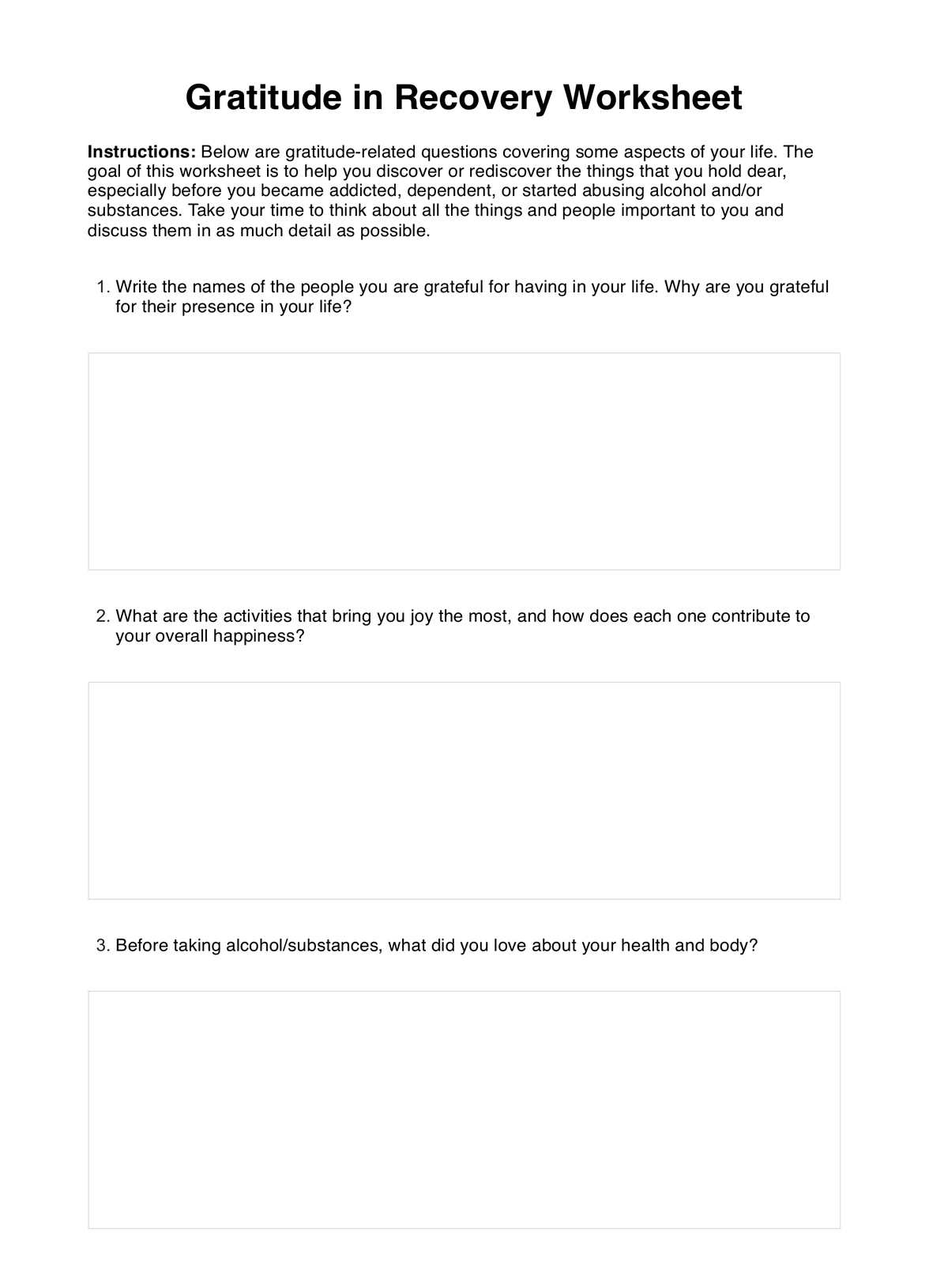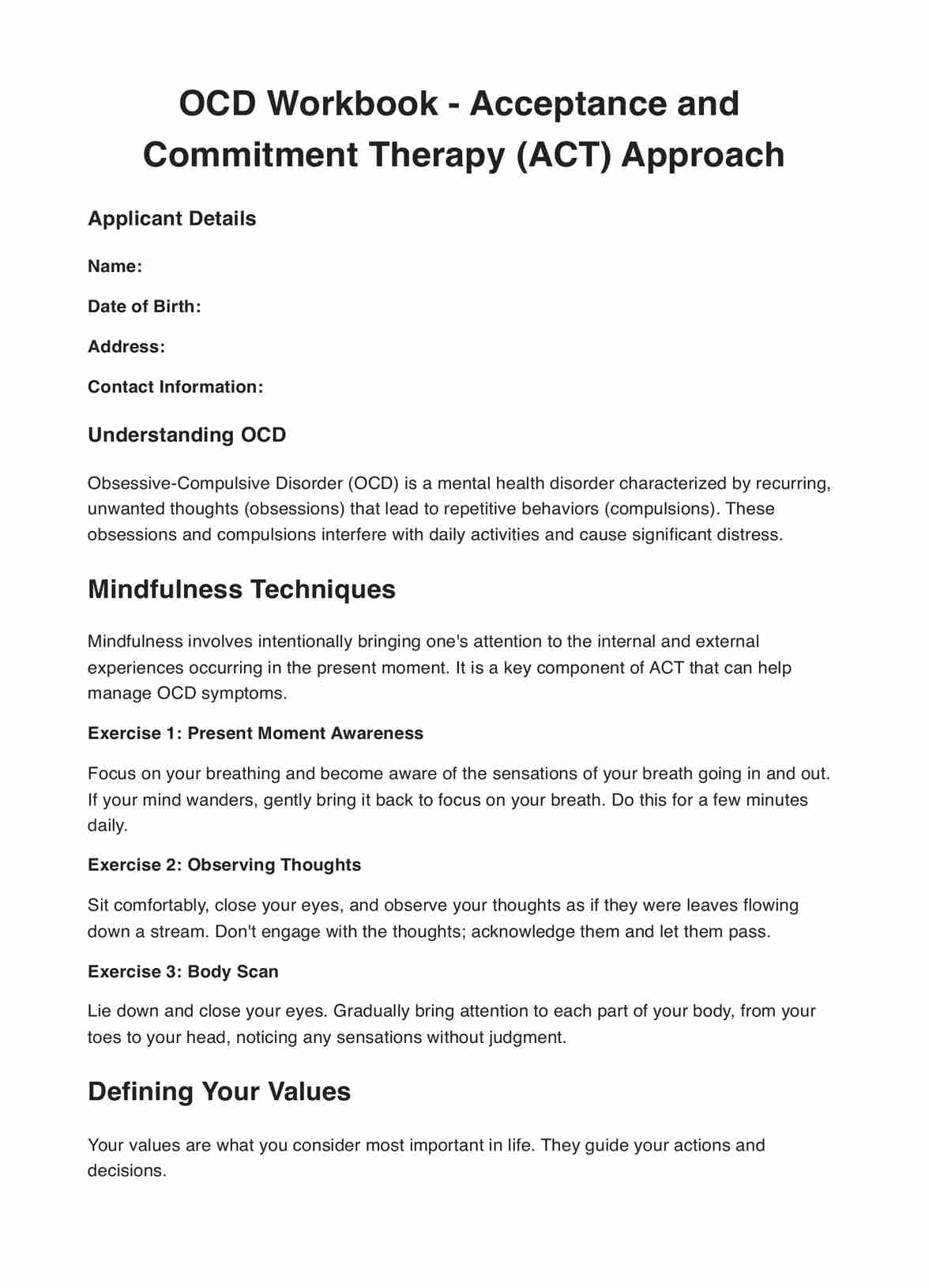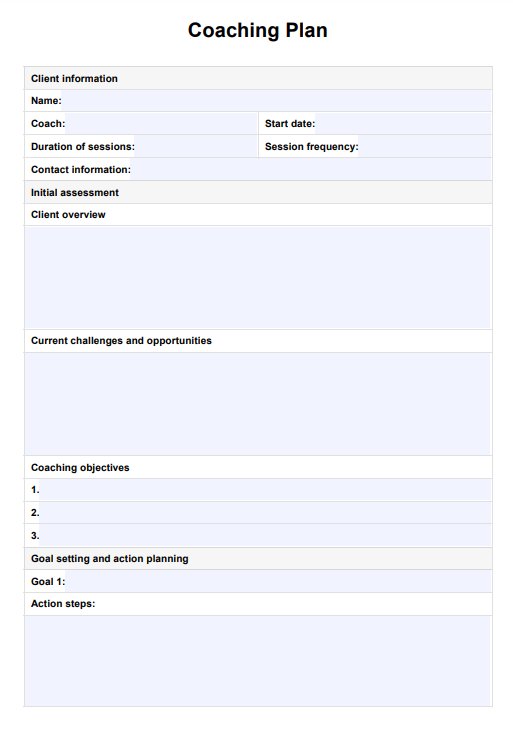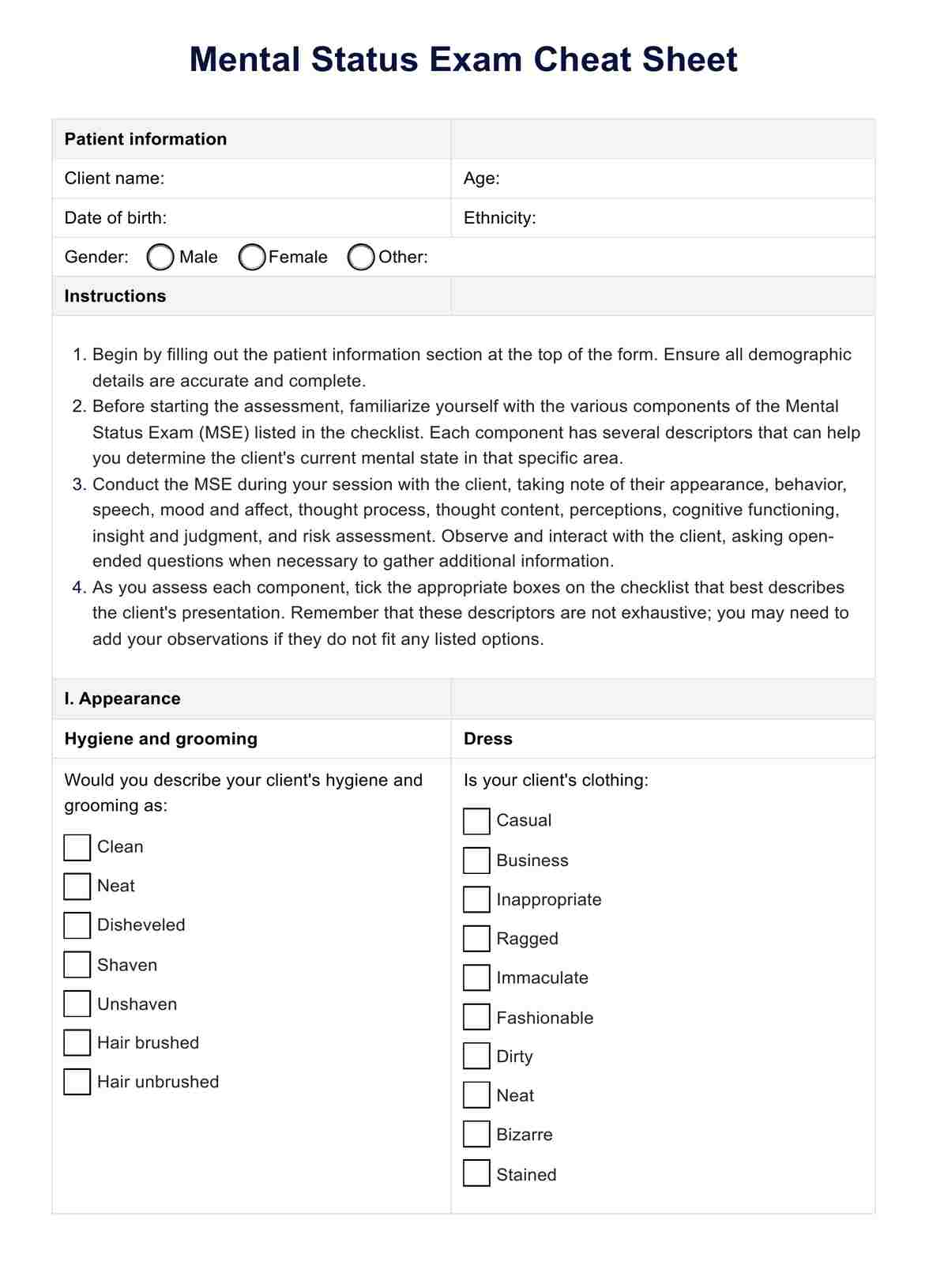List of Emotions
Discover more about emotions and how they impact us daily. Download a free Emotions List PDF here.


Why are emotions and feelings important?
Emotions and feelings are helpful for a variety of reasons. Although sometimes it may feel like our feelings get in the way of completing goals and tasks and seeing the entire situation clearly, our emotions play a pivotal role in our lives.
Emotions and feelings are an essential tool for communication. Psychology tells us that from a young age, children, even babies, can communicate clearly through emotional reactions and feelings that peers display. For example, if you see someone frowning or crying, you will likely judge that they are upset. Without using any words, they have communicated that they are unhappy. Emotions that are held and displayed by babies help them to communicate before they can talk. For example, when your baby cries, you may learn that it means they are hungry. They can now share they are hungry by expressing an emotion to you!
Emotions are also at the core of mental health issues. In psychology, many theories can be used to describe how emotions can offset us.
Cognitive Behavioral Theory (CBT) describes emotions and feelings as closely linked to our interpretations of experiences. Psychodynamic theory sees emotions as an unconscious process that occurs within ourselves. Either way, psychological theories believe that emotions and feelings have a role to play in the psychopathology we might face when struggling with mental health issues.
Finally, our emotions and feelings often guide our behavior and decisions. When faced with an experience, our feelings about said experience will act as a guide to support us. For example, if an individual afraid of spiders needs to enter an old garage, they may hesitate and avoid the situation to avoid their fear emotion. Or, an individual who feels happy attending concerts may attend more social events. Emotions can influence how we think, make decisions, and solve problems.
Finally, emotions play an essential part in our lives. They can strongly impact attention and memory. If an individual has a stronger emotional connection to an experience, they may remember it better. It is important to remember that acceptance of our emotions is critical to finding our way through life.
Knowing that negative emotions pass and positive emotions will come can support individuals through difficult times and raise hope for individuals struggling with psychopathology.
List of Emotions Template
List of Emotions Example
Dealing with emotions and building your self-confidence
An essential aspect of life is being able to deal with our emotions. It is important to remember that life situations will push us to have negative emotions. This is okay! However, having the appropriate skills to deal with these emotions can make it easier to get through situations and retain positive interpersonal relationships.
Being able to deal with emotions and feelings can support individuals in building self-confidence. Knowing how you might react in certain situations can help individuals be more confident to battle any negative emotions they may encounter.
List of positive emotions
- Joy
- Gratitude
- Serenity
- Interest
- Hope
- Pride
- Amusement
- Inspiration
- Awe
- Love
List of negative emotions
- Anger
- Emptiness
- Frustration
- Inadequacy
- Helplessness
- Fear
- Guilt
- Loneliness
- Depression
- Overwhelmed
- Failure
- Sadness
- Jealousy
Activities to learn more about your emotions
There are many activities that individuals can partake in to begin education around emotions. Mental health professionals can also utilize a range of activities within therapy sessions that can support them in helping their clients understand what emotions and feelings they are going through.
Journaling
Creating a journal can help individuals understand what emotions they are experiencing. Whether their day was filled with positive emotions or negative emotions, individuals can have a space to share how they have been feeling and describe why they may have felt those ways. This can be a good activity that a mental health professional can utilize, and individuals may often share their emotions during sessions.
Mindfulness meditation
Individuals can complete a range of mindfulness meditation activities to become more aware of their emotions and feelings. Activities such as breath awareness, body scan, mindful walking, and self-acceptance can help individuals focus on their feelings for the day and what changes they could implement.
You can check out more mindfulness activities by clicking this link.
Artistic expression
Art therapy can be extremely useful in working through positive and negative emotions. Art therapy exercises give the individual and the therapist a space to openly talk about a few emotions, which may be seen through artwork created at home or within the session.
For more information about art therapy and artistic expression worksheets and activities, you can click this link to access the Carepatron art therapy guide!
Emotion wheel
An Emotion Wheel activity can be a great source of education for those who cannot quickly identify emotional experiences. Intense emotional experiences can leave individuals feeling at a loss for words, and sometimes, it's rather essential to get the right word for how we're feeling.
An Emotion Wheel activity can support individuals to identify the word they feel best suits their feelings.
Mood tracker journal
A Mood Tracker Journal can support individuals by openly identifying and tracking their emotional experiences. This type of Journal can support individuals feeling a few emotions at once. They can go ahead and describe what emotions they are feeling to develop an understanding of it.
References
Dealing With Difficult Emotions (for Teens) - Nemours KidsHealth. (n.d.). Kidshealth.org. https://kidshealth.org/en/teens/stressful-feelings.html#:~:text=Some%20emotions%20are%20positive.
Commonly asked questions
Anyone struggling to find the correct words to describe how they feel. Therapists can also use this in their sessions to educate clients.
It supports positive mental health. Knowing how you may react in certain situations can support you during unprecedented times. It also serves as a great communication skill.
They are subjective. Not everyone will have the same emotional experience when feeling what you feel. This makes your feelings and emotions special to you!


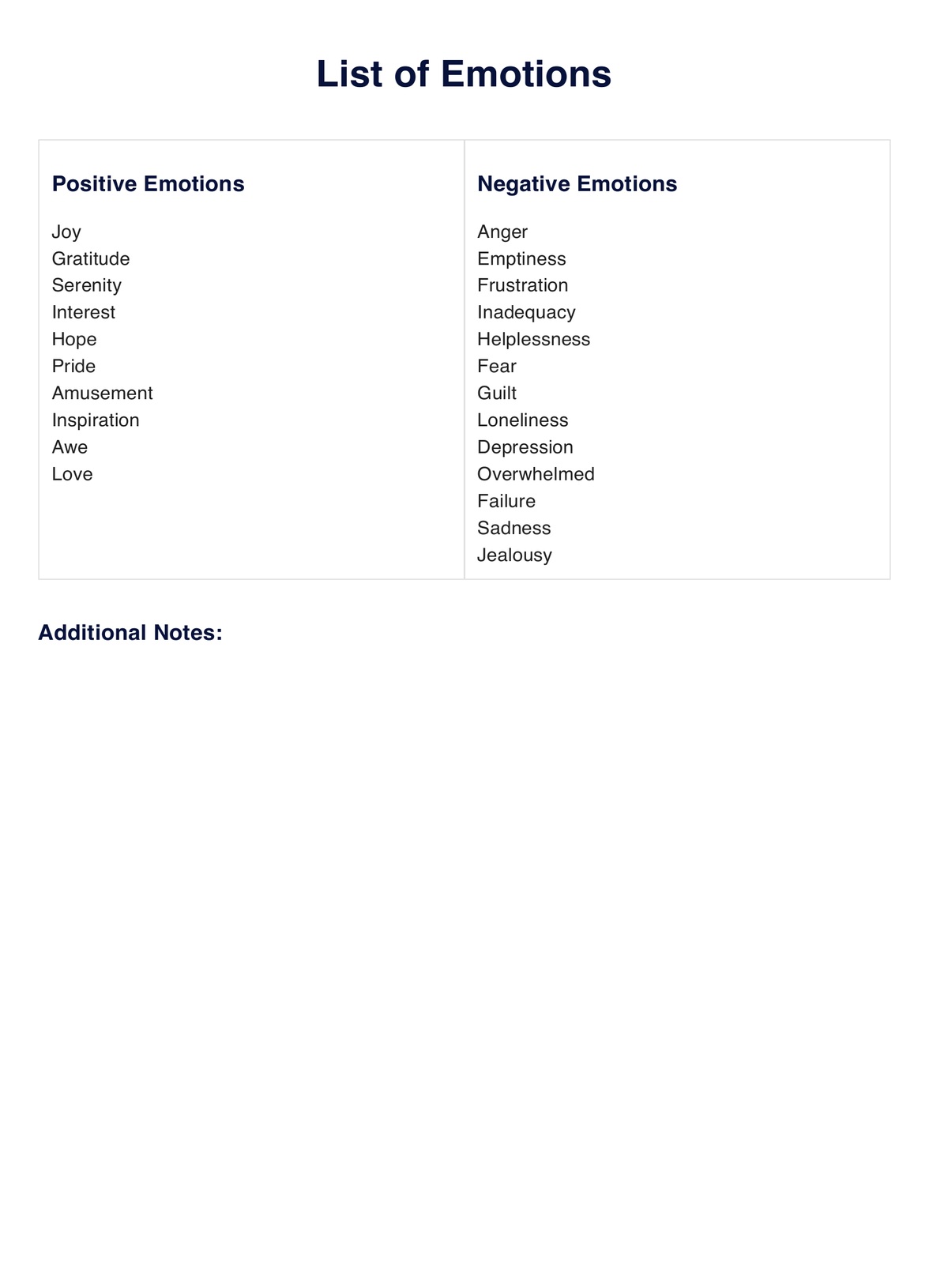
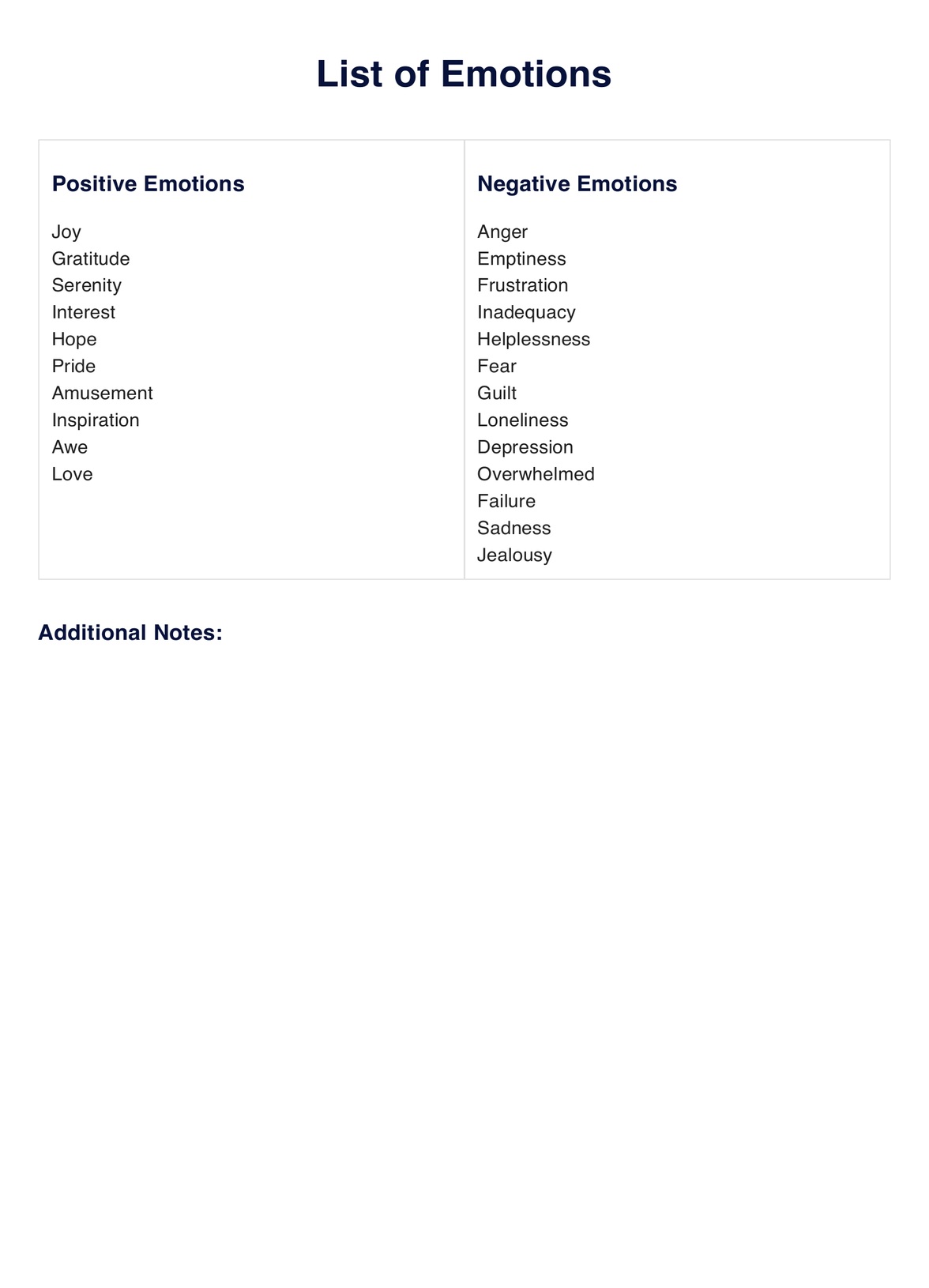

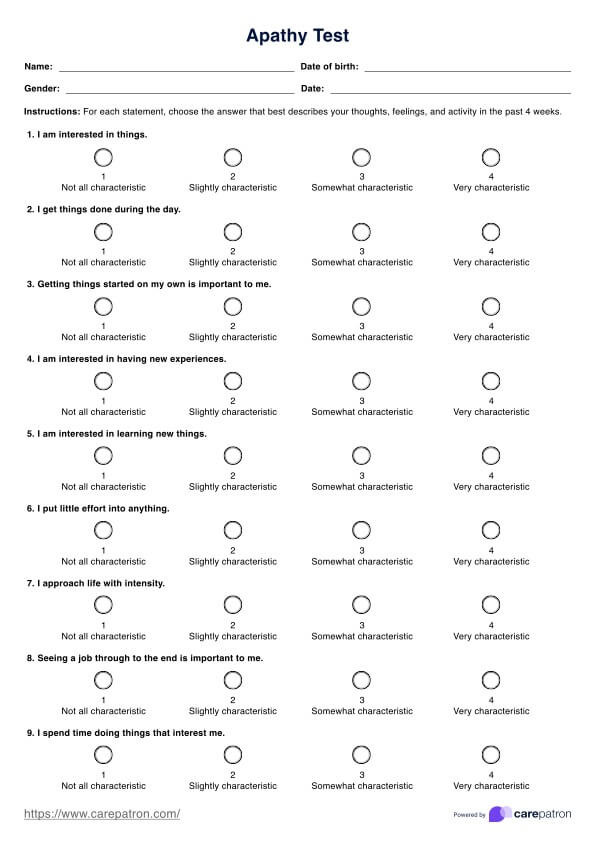
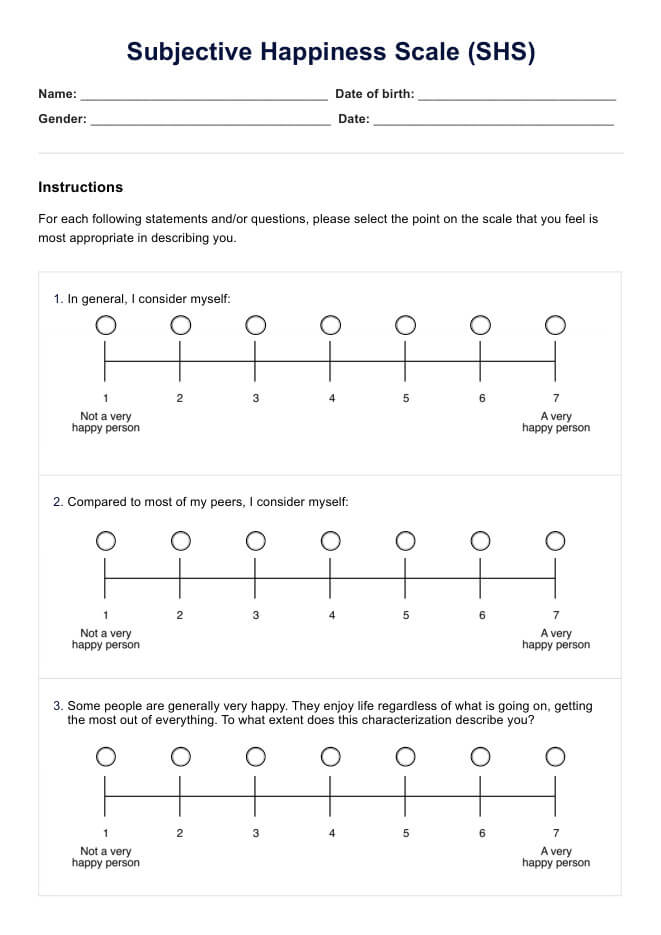
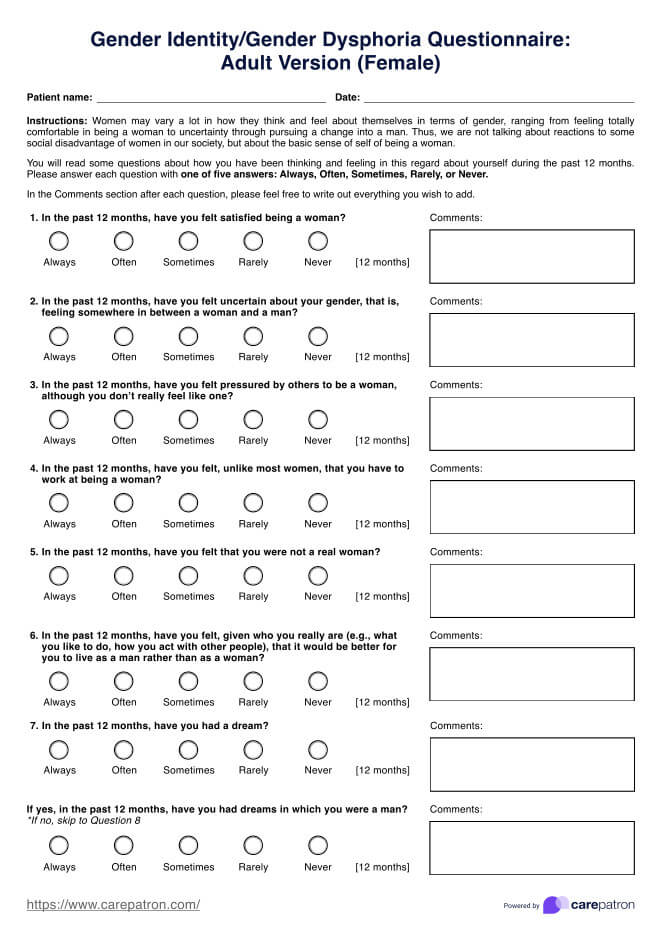










-template.jpg)














































































